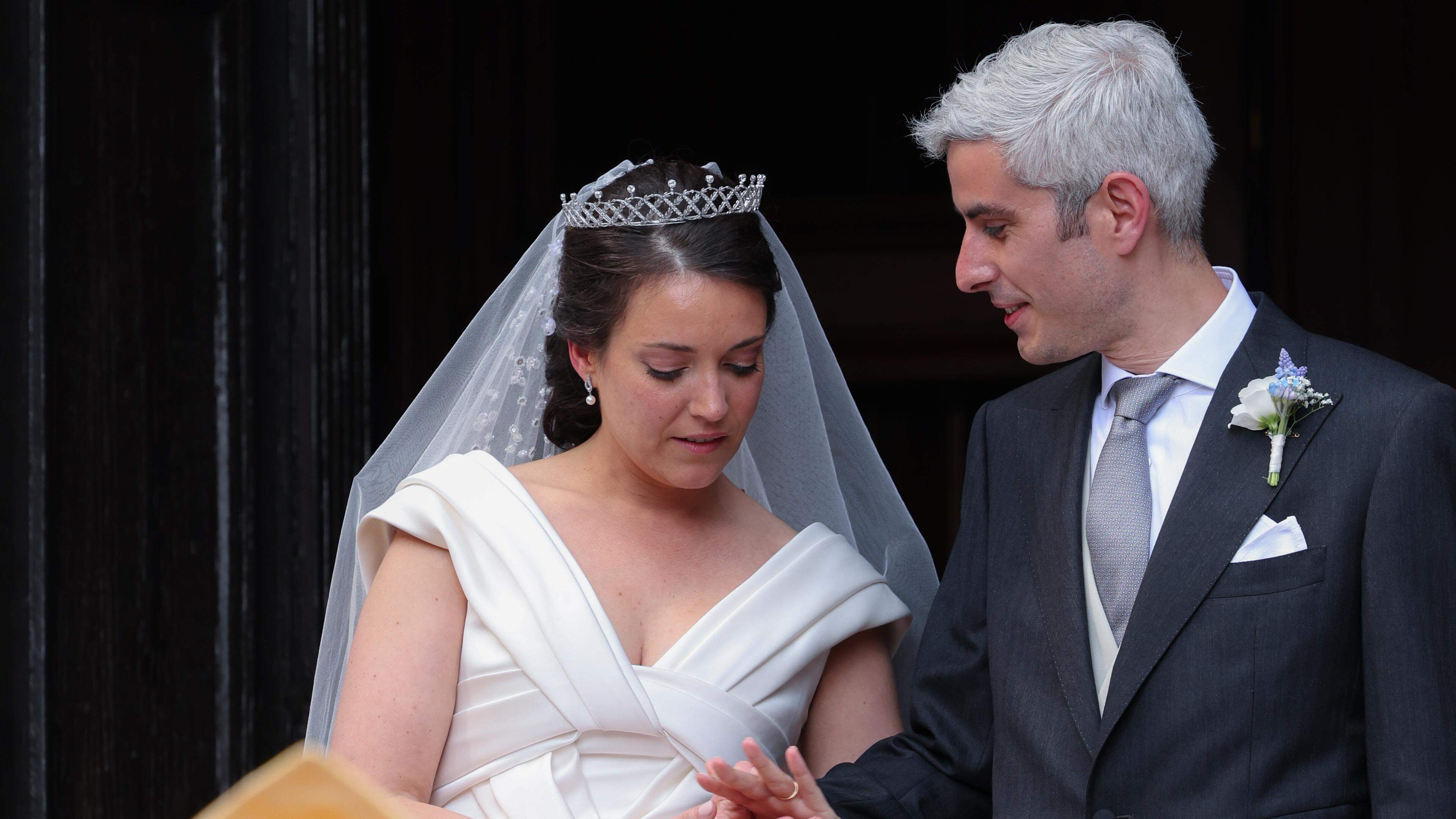In relation to the CNS, unions criticize hesitation of the minister

While the public discussion has focused primarily on pension reform in recent months, the growing problems of the health insurance fund have a comparatively little attention. Here, too, demographic change and slower employment growth are noticeable – an adaptation of the financing is required.
How big is that deficit?
The forecasts from autumn were confirmed at the quadripartites on Wednesday. The downward trend in the CNS finances continues. For the financial year 2024, health and maternity insurance is expected for health and maternity insurance with a deficit of 25.8 million euros, the Ministry of Social Affairs confirms in a press release. Accordingly, the ministry is already assuming a shortfall of over 130 million euros in the current year and thus 16.5 percent of ongoing expenses.
According to the « Budget Pluriannuel », the ongoing expenses in the period 2023–2028 are expected to increase by an average of 6.2 percent per year, while the estimated average annual growth of contributions amounts to five percent.
What are the causes of the deficit?
The expenditure increases steadily – for example through new services, adapted doctor tariffs and increased health expenditure, explains Christophe Knebeler, who is responsible for social policy at LCGB. « On the other hand, the income has broken in. Currently, employment in the country is growing by one percent. Before pandemic, that was three percent a year, » he says. Since the number of contributors grows more slowly, income and expenses continue to differ.
The union official therefore even expects a deficit of 150 to 160 million for 2025. « We will certainly only know this next year when the balance is made, » he says. In the next few years, the deficit will probably be further increased.
Christophe Knebeler, who is responsible for social policy at LCGB, accuses the Minister of Health to react too slowly to the emerging crisis. Photo: LCGB
What is the situation in the reserves?
There is a legal obligation that a reserve of at least ten percent of the expenses will be held back. In 2023, this threshold was still 420 million euros, the actual reserves amounted to 961 million euros. Last year, the actual reserves dropped to 936 million euros, while the required minimum reserve was 455 million euros, as the CNS announced on request « with reservation of the Validation of the Project de Décompte 2024 ».
According to the current projections, the 2027 reserves decrease under the legal requirement of ten percent. « At the end of 2028 we would no longer have any reserves, » explains Knebeler. « If nothing is done to get the situation under control, then the law is clear: then the contribution payments must be raised or the reimbursements are reduced. »
What can be done to relieve the health insurance fund?
At the latest when the reserve falls below the minimum threshold, the quadripartites must meet and take measures to stabilize health insurance. In the 2011 health care reform, both the contribution rates were increased and the services shortened, explains Knebeler. The latter in particular is a red line for the unions.
What money live from after 18 months?
Minister Martine Deprez (CSV) brought the opportunity to play certain expenses such as the « Congé Pour Raison’s Family » or the « Reclassement » from CNS. Decisions from the past would have to be « corrected », says Knebeler, as « expenses were transferred to the CNS that had lost nothing ». Funds from the state budget would enable decision -makers more scope to search for sensible savings potential in the health system.
The premium payments are currently capped to the five -time minimum wage. The unions demand that this lid are lifted to support the system. « This would make contributions to their entire income with a great deal of earnings, » says Knebeler. This only affects around five percent of current contributors, but would mean additional income of around 300 million euros per year, according to the union official.
Finally, there is the possibility to increase the contribution rate. This is currently 5.6 percent of the income.
What do the unions criticize on the minister’s approach?
The unionist does not agree to the pace that the minister shows the day to tackle the problem. « We have been talking to the minister for six months without having to happen. If you look at the numbers, it is not the moment to play for time. At some point that falls upside down, » said Knebeler.
He expects the current deficit to have between 100 and 150 million euros in the cash register annually or that less would have to spend this amount less in order to have a chance to reverse the trend.






/s3/static.nrc.nl/images/gn4/data132656267-f0359b.jpg)
